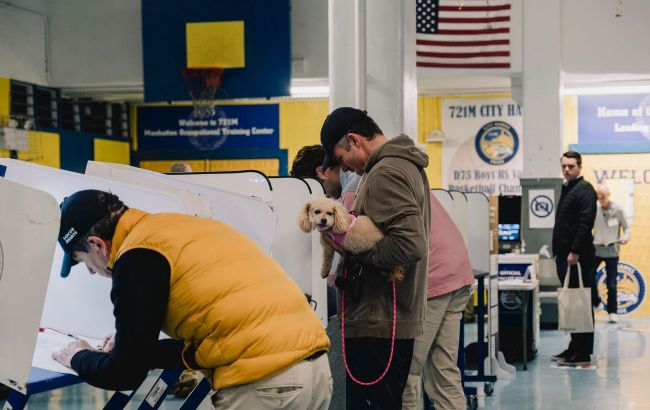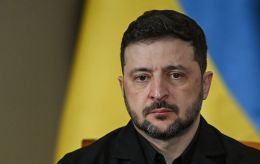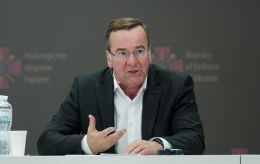Bolivia breaks 20-year leftist rule with new president
 Election process (Illustrative photo: Getty Images)
Election process (Illustrative photo: Getty Images)
Centrist Rodrigo Paz has won the elections in Bolivia, ending nearly 20 years of left-wing rule and ushering in a new political era in the country, according to CNN.
The centrist candidate Rodrigo Paz defeated his conservative rival Jorge “Tuto” Quiroga by nearly 10%. Preliminary results of the presidential elections showed that Paz, a senator from the Christian Democratic Party, received 54.5% of the votes, while Quiroga got 45.5%.
Paz’s victory marks a historic shift for a country that has been almost continuously governed by the Bolivian Movement for Socialism (MAS), founded by former President Evo Morales, since 2006. MAS’s support sharply declined due to the worst economic crisis in a generation, including a steep drop in natural gas exports, inflation reaching a 40-year high, and fuel shortages.
The new president is set to take office on November 8. However, his party does not hold a majority in the legislature, meaning that effective governance will require forming coalitions and seeking compromises.
Moderate platform and public support
Paz has promised to maintain social programs while promoting economic growth through the private sector. This moderate platform resonated with voters, including those who previously supported MAS but became disillusioned with Quiroga’s strict economic policies.
The senator emphasized his goal of ushering in a new phase of Bolivian democracy and building an economy where the state is no longer the central axis. He also pledged a gradual elimination of universal fuel subsidies, retaining support only for vulnerable groups, while major industrial sectors would pay market prices.
Youth support and populist appeal
Paz’s campaign received strong backing from his vice-presidential candidate, Edman Lara, a former police officer and popular social media activist known for fighting corruption. His TikTok videos helped Paz engage young voters and the working class.
Economic challenges for the new government
The new administration will immediately face several challenges: ensuring fuel supplies, stabilizing the economy, and forming coalitions in a fragmented legislature. The state energy company is currently struggling to obtain foreign currency for fuel imports, and Paz has already announced agreements for deferred payments to guarantee gasoline and diesel supplies after his inauguration.
International relations
Both candidates pledged to strengthen diplomatic ties with the US, which have been tense since 2009, and to secure financial support to stabilize the economy. Paz plans to sign economic cooperation agreements worth $1.5 billion to ensure fuel supplies.
US Secretary of State Marco Rubio stated that both candidates aim for stronger and better relations with the US and that the elections represent a transformative opportunity for Bolivia.
Parliamentary election results
Paz’s Democratic Party won 49 of 130 seats in the lower house and 16 of 36 in the Senate, surpassing Kiroga’s coalition, which secured 43 seats in the lower house and 12 in the Senate.
Analysts note that these elections mark a political turning point for the country, which now stands on the threshold of economic reforms and a new political era after nearly two decades of left-wing governance.
Belarusian President Alexander Lukashenko is seeking a way out of isolation and has intensified contacts with the EU. A high-ranking Belarusian diplomat recently held a series of meetings with European representatives after Minsk sent invitations at the end of September.

